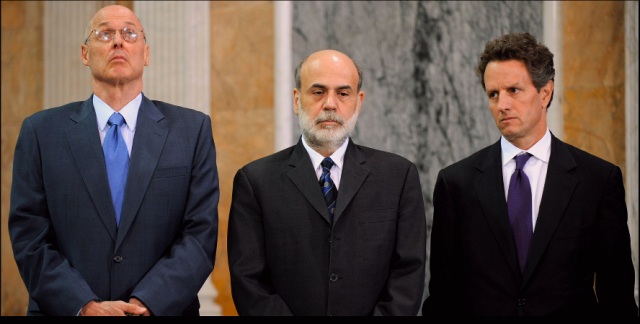How America Came to Accept Same-Sex Marriage (A Love Story)

A love story for the 21st century (cue the violins). Several years ago a very close family friend in Vancouver was searching our family name on the Internet and had the good fortune to meet up with the wife of my cousin in South Africa. The two women became friends and eventually fell in love. Divorce (from my cousin) and marriage between them followed (essentially, since marriage laws in South Africa weren’t quite there yet). Canadian immigration law allowed my cousin’s now former wife to enter the country (with my little second cousins) as the wife of our good friend and they have lived (very) happily ever after.
Film rights are still available; please contact the author for more information.
At the time the big question was this: Who was going to tell Dad? I loved my father but he had not exactly left us with the impression that he was on-board with same-sex marriage. But, as it turned out he didn’t need to be told (while he may not have had liberal views he certainly wasn’t naive) and to our surprise he was thrilled that they had found happiness in each other. I never would have seen that coming.
In 1996 Gallop conducted a poll in the US that asked the question: “Do you think marriages between homosexuals should or should not be recognized by the law as valid, with the same rights as traditional marriages?” In that poll 68% indicated that they should not. In a poll in May of this year, in response to a similar question (“Do you think marriages between same-sex couples….”), only 45% expressed the same opinion. In only 15% years there has been an incredible 23% decline in opposition.
It seems like people, like my father, are capable of changing their long standing opinions.
A new paper published in Social Science Quarterly decomposes this trend and asks how this change in attitude has taken place. Specifically, the authors want to know how much of the trend has been caused by a change in cohorts (as the young replace the old in the sample) and how much has been a change in individual opinion about same-sex marriage.*
The authors find that the change in cohorts is responsible for only 1/3 of the change in attitudes between 1988 and 2006 (the last year of available data). If they were able to look right up until 2011, with the change in opinion accelerating over time, I suspect that this effect would be even smaller.
So many people have changed their minds about same-sex marriage; the effect we observe is not just the replacement of the less accepting older generation with the more accepting younger generation.
So, who has changed their mind and who has not?
The authors of this paper argue that this change has taken place because people in these groups have come to accept that the legalization of same-sex marriage is an equality issue rather than a moral issue. I have to wonder though if these are the groups in which people have come to observe marriages between people of the same gender. It is much harder to be opposed to same-sex marriage when you see your neighbors, your colleagues or your family members happily united.
My father came from a very traditional, male-dominated (South African) back ground. If he had survived today would have been his 81st birthday. At the end of his life he not only accepted, but embraced, the concept of same-sex marriage. His grandchildren have never had to make that journey; they accept these types of unions as perfectly normal.
We live in an era of social change and while it may appear that public opinion is converging in favour of same-sex marriage what we observe is that opinion is actually diverging over across racial, regional, religious and political divides. Social observers might be well advised to watch how this change evolves over time. I know I will.
* Baunach, Dawn Michelle .“Decomposing Trends in Attitudes TowardGay Marriage, 1988–2006.” SOCIAL SCIENCE QUARTERLY, Volume 92, Number 2, June 2011.





